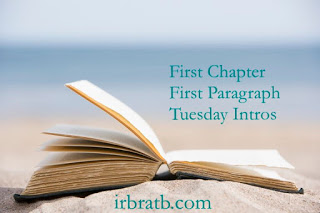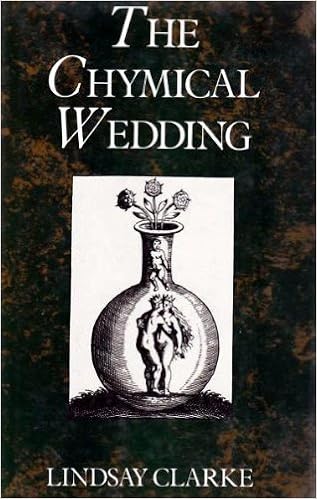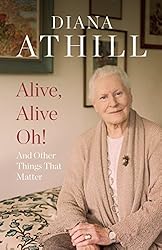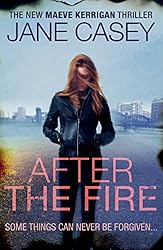
Every Tuesday First Chapter, First Paragraph/Intros is hosted by Vicky of I’d Rather Be at the Beach sharing the first paragraph or two of a book she’s reading or plans to read soon.

Teaser Tuesdays is hosted by The Purple Booker. Post two sentences from somewhere in a book you’re reading. No spoilers, please! List the author and book title too.
I’ve been looking at some of my TBRs this week, wondering whether or not I really want to read all of them. One of the books I’ve had for a long time is The Chymical Wedding by Lindsay Clarke, a long book of over 500 pages. It won the Whitbread Prize for fiction in 1989.

It begins:
In that part of the world the sky is everywhere, and the entire landscape seems to lie in abasement under its exacting light. It gets into church towers and between the narrow reeds along the river’s edge. It glances across undulant acres of barley and beet, and takes what little the flints have to give. Everything there feels exposed, so keeping secrets is hard. It’s not the easiest place in which to hide.
Here is a teaser from page 98.
‘How did you meet?
‘I was a student at a crazy college in Connecticut. Edward was visiting professor.’
‘Creative writing?’ I tried to keep the distaste from my voice. In the light of his remarks the previous night, it seemed an unlikely profession for the old poet. ‘Is that what you were studying?’
‘Parapsychology,’ she corrected, and smiled at my frown. ‘I told you it was a crazy college.’
Description from inside flap:
In the early 1980s Alex Darken retreats to the isolation of a Norfolk village only to become increasingly intrigued by Edward Nesbit and the extraordinary project on which this ageing poet and Laura, his young American lover, are working. in 1848 a new Rector, the Revd Edwin Frere, and his wife Emilia are welcomed to the same village by the querulous Henry Agnew and his devoted and brilliant daughter, Louise Anne.
Though set more than a century apart, these two stories are on a collision curse as both the Victorians and their latter-day researchers are caught up in the rites invoked across time by their enquiries into ‘the great experiment of Nature’.
The Chymical Wedding is a novel in which human passion and intellectual obsession reverberate through two interwoven narratives, a compelling work of imagination which establishes Lindsay Clarke as one of the most provocative and gifted authors writing in Britain today.
If you have read it I’d love to know what you think about it. If you haven’t read it, would you keep reading?


 Every Tuesday Diane at
Every Tuesday Diane at ![The Pursuit Of Happiness by [Kennedy, Douglas]](https://images-eu.ssl-images-amazon.com/images/I/51p-dtkCDLL.jpg) Blurb:
Blurb:

 One of the books I’ll be reading soon is
One of the books I’ll be reading soon is 

